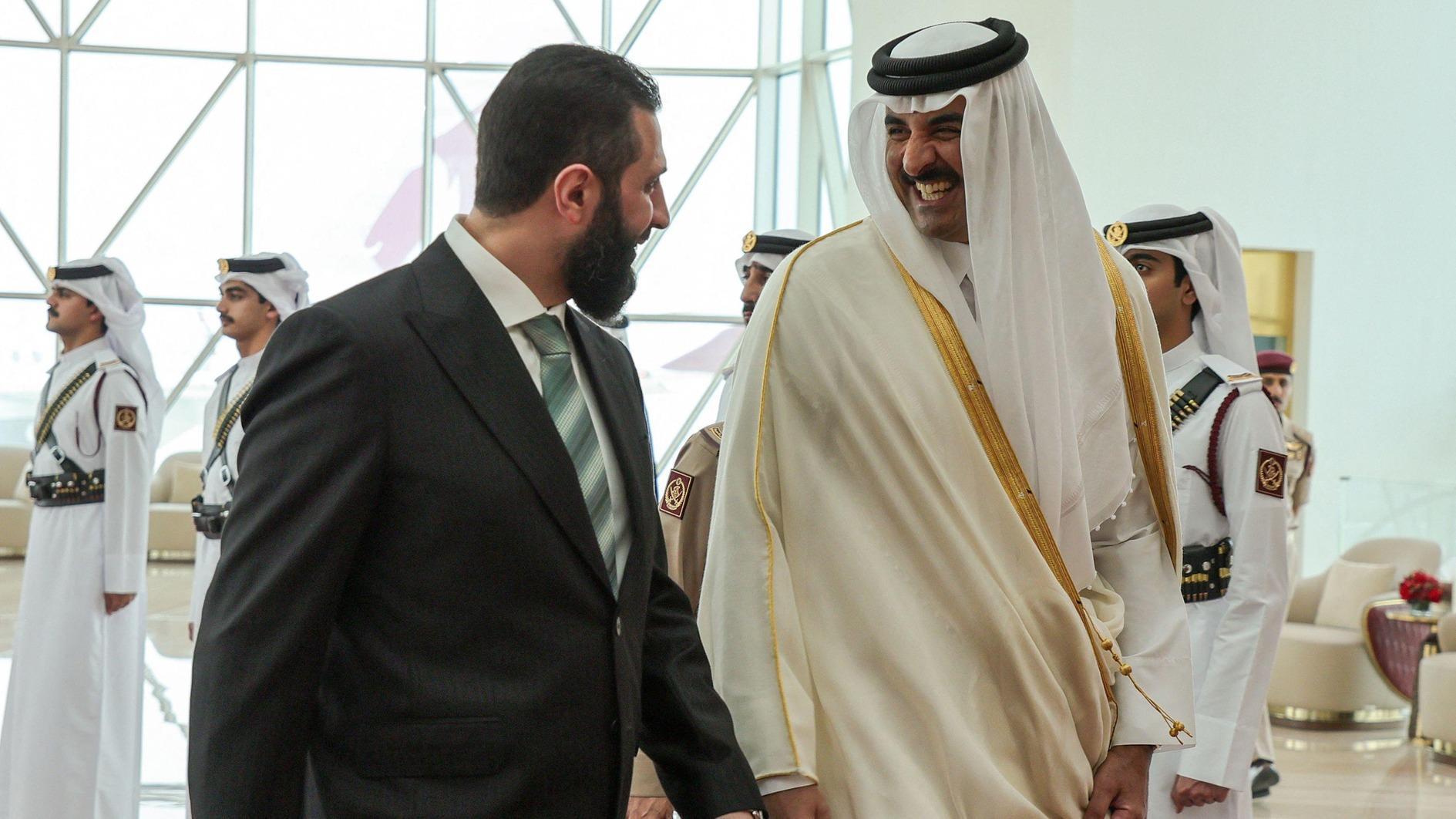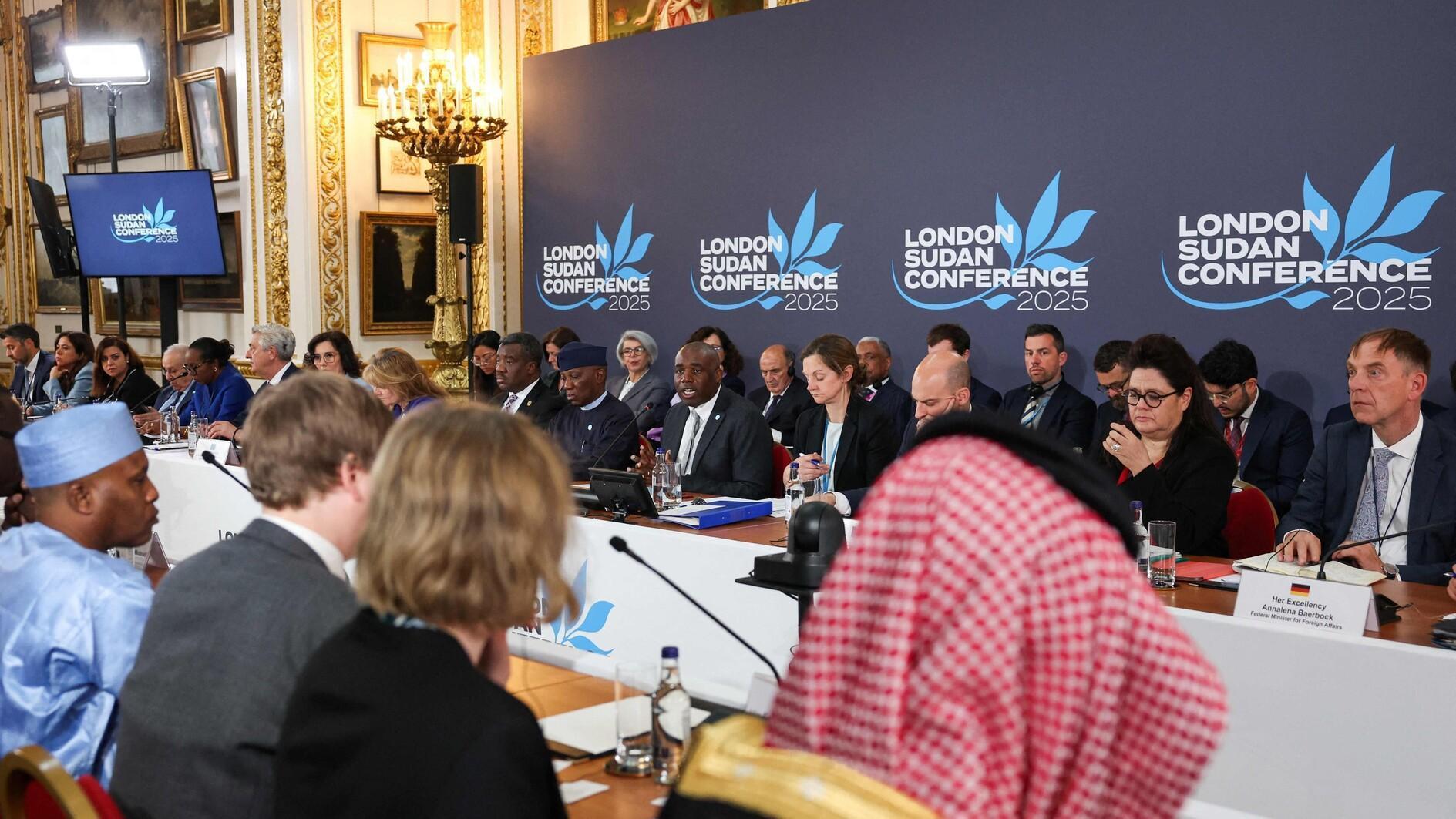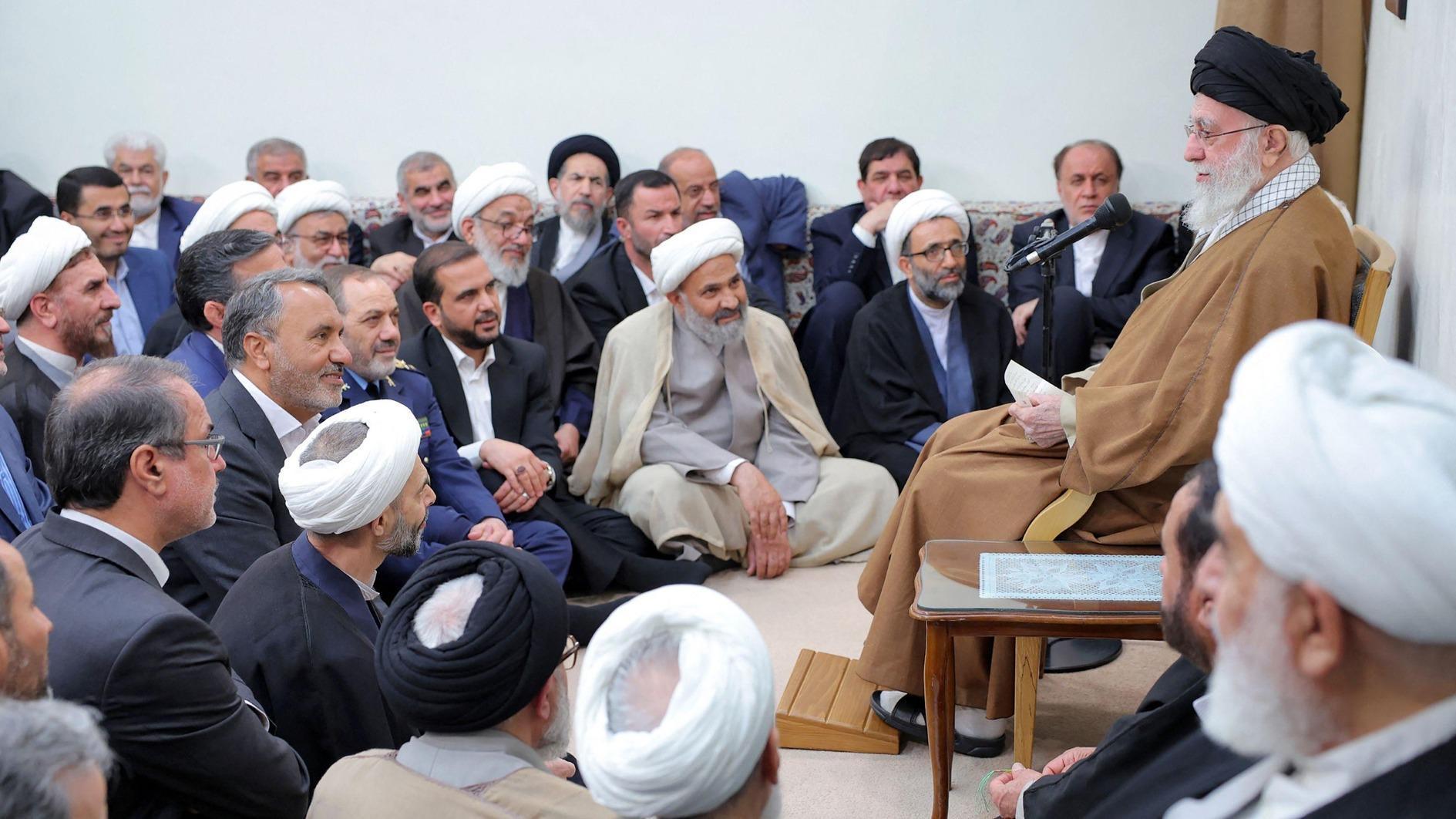What next, Prime Minister?
ROBERT ELLIS
The events of the last week have been an eye-opener both for Turkey and the rest of the world. Turkey is used to strikes and demonstrations, but not on such a large scale and at a grassroots level.When someone I know joined the British intelligence service, he was given the following advice. 1.
Never invade Moscow. 2. Never entrust your baggage to the RAF. 3. Never make enemies of the Turks.
With 30 years’ experience of Turkey I can only agree with the third piece of advice, as the Turks make good friends and great enemies. However, the worst that can happen is when Turks are let loose on each other. The cry “kavga” (fight) makes everyone come running to separate the two combatants.
Prime Minister Recep Tayyip Erdoğan, who is normally thin-skinned on his own behalf, was true to style when he called the demonstrators in Taksim Square “a few marauders,” but he overstepped the mark with a scarcely veiled threat to bring the 50 percent who voted for him on to the streets. It was a good thing he was packed off to North Africa, where he was less likely to come with inflammatory statements.
Six years ago I pointed out in the Hürriyet Daily News (“Tayyip Erdoğan’s quiet revolution”) that it is a hallmark of all revolutions that they go to extremes, but now the Justice and Development Party (AKP), which has had as its goal the restoration of the role of religion in public life, has reached its high water mark. Through, for example, two public procurement laws, the party has gained control of the economy, and through a policy of “kadrolaşma” it has placed its own cadres in the state and local administration, as well as independent boards inside education, finance, energy, radio, TV and more.
The hallmark and strength of Turkish society is that it is not homogenous and contains a variety of ethnic and religious backgrounds. The Kemalist attempt to press all these into one mould failed, as will the AKP government’s. The last straw was the new alcohol laws, which were intended to reduce alcohol consumption and - together with heavy taxation - penalize drinkers. The protests over the demolition of Gezi Park were the spark which ignited the powder keg.
After Erdoğan’s 2007 electoral victory, he promised conciliation and to embrace his political opponents, but he has done quite the opposite and now succeeded in alienating a sizeable proportion of the Turkish population. President Gül, on the other hand, has taken a conciliatory approach and intervened to defuse a potentially explosive situation.
At the AKP’s congress at the end of September, Prime Minister Erdoğan declared that the government was following the path of the Ottoman sultans Mehmet II and Selim I, but made no mention of Turkey’s European future. The next day at the opening of the Turkish Parliament, President Abdullah Gül spoke of a country where its writers, thinkers and opinion leaders are able to share their views without fear.
On Republic Day, Gül intervened and instructed Ankara’s governor to tolerate those who wished to celebrate the day independently, after which the police removed barriers preventing a march to Atatürk’s mausoleum. On this latest occasion, the president called Istanbul’s governor, the interior minister and the prime minister, after which the police were withdrawn from Taksim Square. Gül has also underlined the need for different lifestyles to be able to live alongside each other, and said the demonstrators’ message had been received. Erdoğan, however, wondered what the message was.
In an editorial, The Times has pointed out that the prime minister’s problem is with pluralism, which is precisely the point. Lars Hedegaard, the Danish writer who narrowly survived an assassination attempt four months ago, has a dystopic vision of a Europe divided into mutually hostile Muslim and non-Muslim areas. To avoid a similar polarization, Turkey needs a leader who can reconcile different lifestyles and creeds.
The question is whether Recep Tayyip Erdoğan fits the bill.
Robert Ellis is a regular commentator on Turkish affairs in the Danish and international press.











